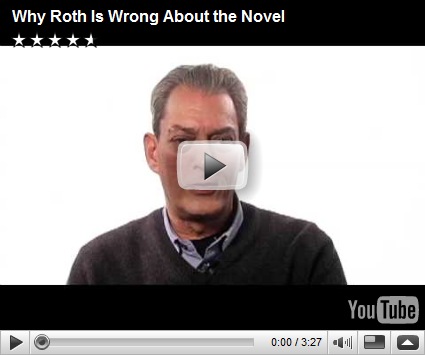The previous week has been quite interesting in terms of my athletic accomplishments.
Last Sunday, I played nine holes of golf and beat my friend, Jeff, for the first time. Granted, he played poorly and I played well, but down two shots going into the final hole, I made par after hitting a wedge 90 yards and sticking it within five feet of the cup. I made the shots when it counted, and it felt damn fine.
One of my New Year’s resolutions was to beat either of my two most frequent golfing companions, and with a victory last Sunday, another resolution is done.
Earlier that same day, I played basketball with a different friend, one whose wife reminded me is about twelve years older than me. We played a total of five games. I lost 11-3, 11-1, 11-0 and 12-10. In my only victory, I won 11-0.
Don’t ask me how that lone win happened. I wasn’t sure myself.
Six days later, on Saturday, I played flag football with a bunch of friends. Even though we were playing with flags, we chose to honor the rule that allows defenders to hit receivers within five yards of the scrimmage line (an odd decision considering the use of flags, but one that I championed by hitting my buddy on the first snap). The result was three hours of smashing and hitting one another, followed by dead sprints down field and the occasional, accidental collision. In fact, the game ended on a collision, though I don’t remember exactly what happened. I recall running across the field, looking up for the ball, and then ending up on the ground with a blinding headache. My friend, Gary, came up limping beside me, clutching his shin. Two other guys lay strewn around us. I’m told that in diving for the ball, my head collided with Gary’s leg, resulting in an audible smack and bringing the other two down along with me.
Considering that I’m prone to concussions and I spent the next day in a fog, I’m pretty sure I had at least a mild concussion. But I popped right back up, ready to play. Unfortunately, we were nearly out of time and Gary was having difficulty walking off the hit.
It’s 36 hours later and I can barely walk. Though my body is sore from the hitting, it was the dozens, and maybe hundred, of sprints that did me in. My hip flexors and quads are barely functioning this morning due to overuse.
Though I love to play flag football, my passion is for tackle, a game I didn’t get to play in high school as my school did not have a football team (one of my three greatest regrets in life). As a result, I played a lot of backyard tackle football as a kid, but without the benefit of helmets and pads and referees. Since those childhood days, I’ve played tackle on only a couple of occasions, as adults have little interest in spending a Sunday clutching and grabbing and hitting one another.
And this is my concern. I worry that I may have played my last tackle football game of my life. I’m 38-years old, and if I don’t play soon, I may never play tackle football again.
Sure I have a lot of basketball left in me and many, many more rounds of golf, but my football days may be winding down, and not for want of ability or desire, but for a lack of competition. Tackle football is hard and painful and even dangerous at times, but I love it, yet I may have played my last game without even realizing it.
This is one of the insidious aspects of growing up. You play your last tackle football game or lift your daughter into your arms for one final time before she is too big or speak to your mother for the last time before she dies without ever knowing it.
I was a pole vaulter in high school, and my last vault came at the state championships during my junior year. I thought I had another season of vaulting ahead of me, many more vaults left, but a car accident wiped that opportunity out and I missed my senior year of track and field.
You’re rarely given the opportunity to appreciate those closing moments of your life. They whisper by without any warning whatsoever.
Hopefully I can play tackle football one more time and revel in the finality of the moment.



